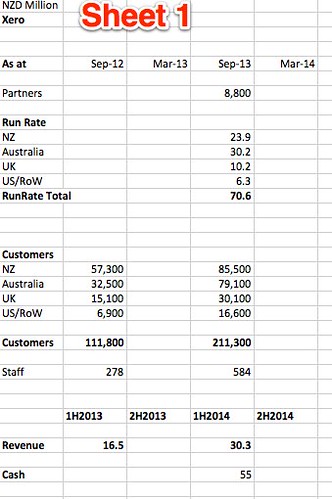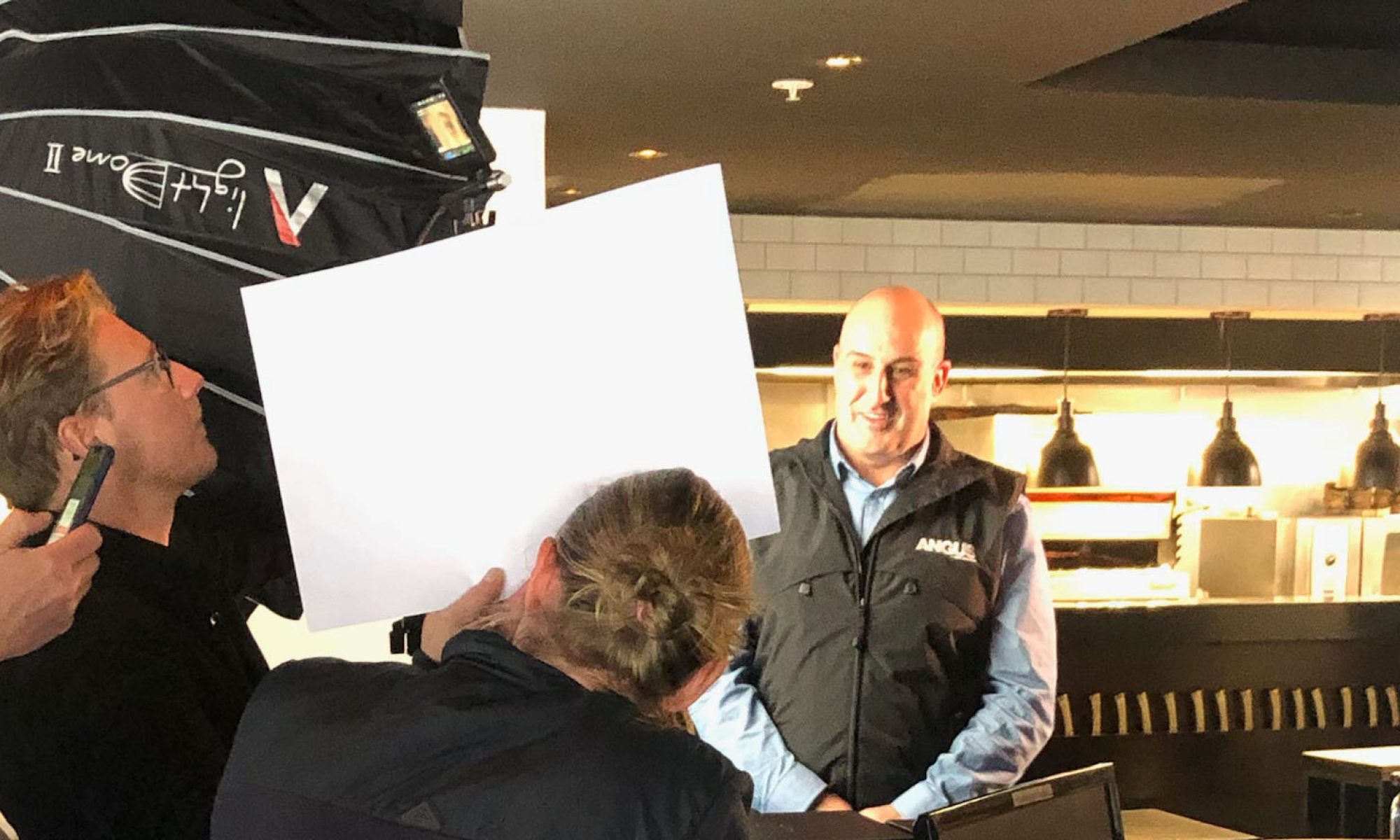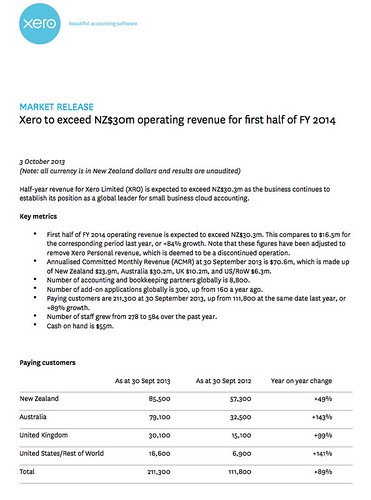Can You Really Improve Your Emotional Intelligence?
Can You Really Improve Your Emotional Intelligence?
This blog “Can you really Improve your emotional Intelligence?” (link here) from Harvard Business Review shows that Emotional Intelligence (EQ) can be improved with conscious effort and a desire on behalf of the leader. Self awareness is a big part of leadership and the best leaders (in my experience) are those who are situationally aware. They are aware of others, what is happening in their world, of their impact on others and they are constantly developing new tools to handle different situations.
I have been doing quite a bit of personal development in this area as I look to improve how I lead my team and also work with other CEO’s to develop their awareness and EQ. I have recently focused on team feedback, my EDISC profile, my HOGAN profile and will complete a 360 feedback profile over the coming weeks. Leadership is a journey and if you are not constantly looking at how to get better as a leader, how to influence and how grow as a person then you will get the same results you have always got!
How do you constantly challenge yourself to get better as a leader?
Change is a Process Not an Event

Change is constant, a process and one you have to master to survive and prosper in both business and life!
Do something different
The power of doing something different to get a different outcome…..one of life’s big lessons.
Enabling Leaders: Live to lead
Leadership at the CEO level is about leading through others. In a nutshell this means enabling good people to lead others in the wider organisation to succeed. It is about setting people up for success, supporting, guiding, mentoring, developing your functional heads of department (or whatever you call them) to deliver the agreed deliverables for the company and to ensure they do so consistently.
This means constantly investing in their development and supporting them through the good and the bad. I have to constantly challenge myself to get better as not only a leader but at how I can enable others working at the top of their game. Last week in my capacity as a Reserve Army officer I assisted the NZ Army to select potential Army Officers to undergo Officer training. This involved working in a close team and assessing candidates over a three day period. I learnt a lot more about what to look for and how to assess leaders and it was my first time in that Army environment where I was not being tested myself. Not only was it a pleasure to see smart young people giving it 100%, it was hard work as part of the assessment team and given we were making decisions about peoples future lives and the Armys future leaders we were pushed to make clear and justifiable assessments.
Yesterday I did some self reflection after going through an hour long debrief with a psychologist looking at the results of my “Hogan” profile. An in depth look at who I am, how I lead and some of the things that I need to leverage and be aware of so as to lift my leadership to another level. Already I have seen a return on this investment through the conversations it has opened up with my team and with clients.
This morning I will be working with a high performance leader for three hours as he invests time into his leadership style, skills and actions. Leadership is a lonely space and those committed to constant and incremental improvement achieve great things for not only themselves personally but their organisations and those they lead. It is a really positive journey of growth and an opportunity to try new things, make mistakes and from that comes the true gold = Lessons learnt!
What have you learnt lately in you role as a leader? How do you stay at the top of your game as a leader? I’d love some feedback and thoughts on this.
“It is not the …
“It is not the critic who counts; not the man who points out how the strong man stumbles, or where the doer of deeds could have done them better. The credit belongs to the man who is actually in the arena, whose face is marred by dust and sweat and blood; who strives valiantly; who errs, who comes short again and again, because there is no effort without error and shortcoming; but who does actually strive to do the deeds; who knows great enthusiasms, the great devotions; who spends himself in a worthy cause; who at the best knows in the end the triumph of high achievement, and who at the worst, if he fails, at least fails while daring greatly, so that his place shall never be with those cold and timid souls who neither know victory nor defeat.”
Theodore Roosevelt – Excerpt from the speech “Citizenship In A Republic”
delivered at the Sorbonne, in Paris, France on 23 April, 1910
I love this quote. It reminds me that it is good to try and fail, in fact failing is where the best learnings come from in life. When you scratch the surface all successful people have had some big failures, learnt some hard lessons and indeed have a number of battle scars.
My heroes and mentors are all people who have done hard and risky actions……emphasis on action. The Ed Hillary’s, the Neil Armstrongs, Buzz Aldrins, Winston Churchills, Nelson Mandelas on the world. People who faced adversity, lead from the front and made it happen. Not the commentators, analysts or knockers.
What are your thoughts?
Any decision Is Better Than No Decision
Any decision Is Better Than No Decision
This blog (Make a Decision Already) from HBR provokes thought. Personally I feel that any decision is better than no decision and that even if it is wrong or needs iteration (adjustment or amendment) then the team is on its journey to success. The secret is to have a culture that engages the team and allows plans to adjust quickly if they are not working or can be built upon. There is also a balance between making a clear decision and knowing when one needs to be made. “Don’t make a decision until you have to” does have merit especially in times of constant change or when there is a lot of things to consider. Understanding when the decision needs to be made is then key to success i.e. the “decision point”.
Certainly not making good clear decisions for your team team and allowing uncertainty and people to fill the void with assumptions leads to mediocrity disengagement. I wrote about this some time ago in this blog “Leadership Lessons from the army: How to Fight to win“.
The Secret to Success
Failure is a St…
Failure is a Stepping Stone
John Spence
Valuing Xero – in 1 hour
This is a useful read if you are interested in valuing an organisation such as Xero.
I’ve been asked too many times what I think of Xero’s valuation — whether it’s in the last few months, or in the years gone by. I don’t have much time, so decided to set myself a time and information limit and give it a go.
So let’s walk through how to do a valuation:
1: based on very limited information — specifically, just one piece of information — this earnings release from yesterday:
2: And I will try to do it in an hour. I really don’t have that much time.
Constructing the financial forecast
We start by putting down what we know from the earnings release into a spreadsheet.

There is not much there, but it should, however, be enough.
We next work out some ratios, and back-fill the run-rate numbers for September 2012. From now on we are starting to make assumptions, but we are using the…
View original post 1,318 more words


